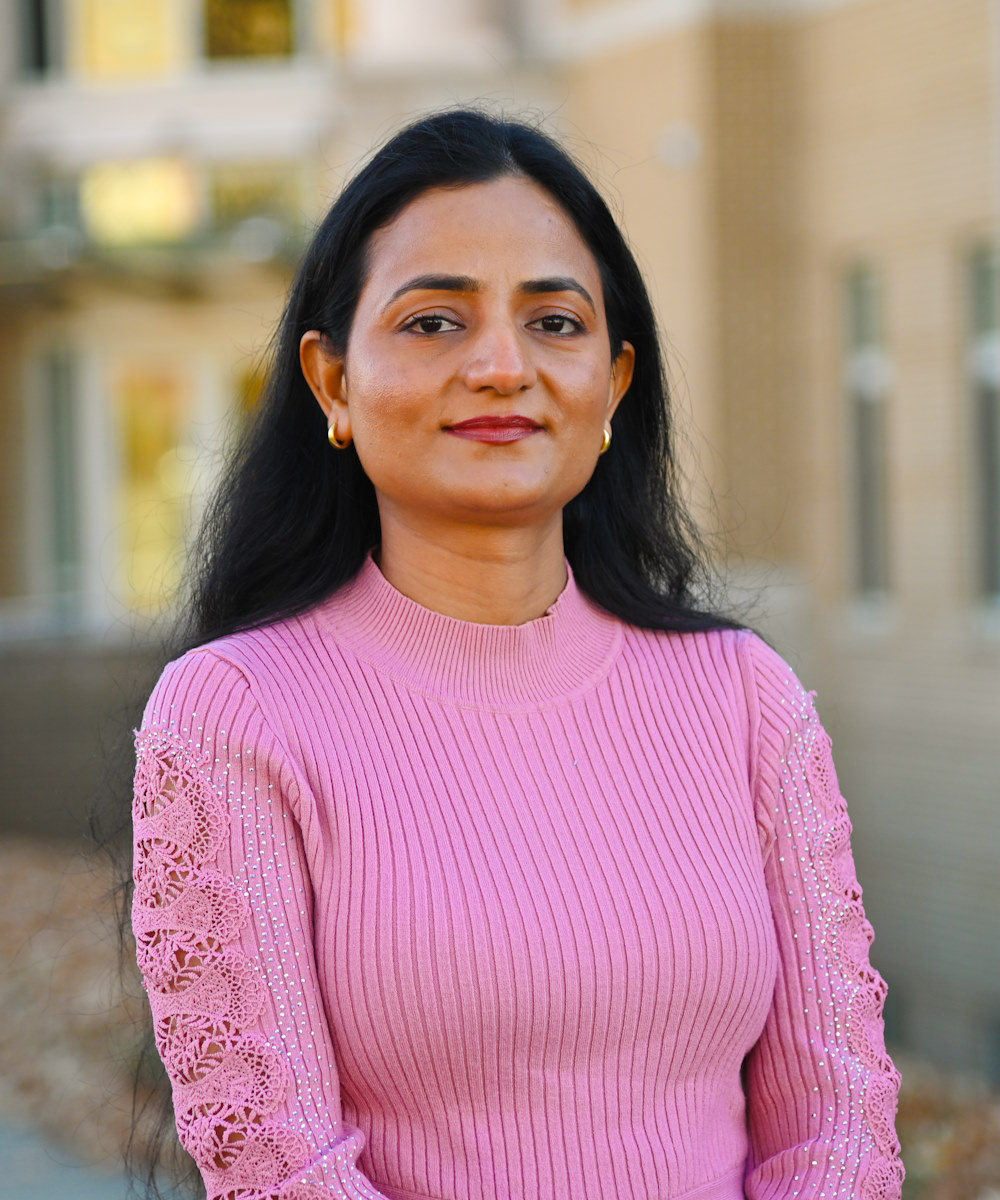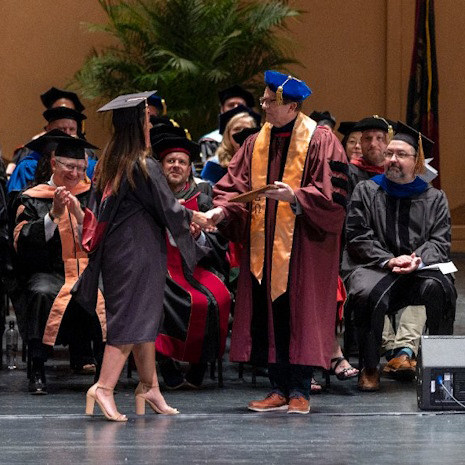
Find Out More
Epidemiologists design and conduct investigations aimed at improving the health of groups of people by combining knowledge from the social sciences, medicine, biology, the environment, and statistics.
December 20, 2024 | Erin Bluvas, bluvase@sc.edu
Amandeep Kaur is committed to curbing the high rates of preventable health conditions in affected populations. Using her education and training from the Arnold School’s Ph.D. in Epidemiology program, she’s taking a unique approach.
“My work focuses on examining patterns of HIV diagnosis, treatment outcomes, and comorbidities to uncover gaps in care and identify disparities in health outcomes,” Kaur says. “By addressing these gaps, I aim to develop and implement interventions that enhance the delivery of evidence-based care and promote health equity.”
Kaur’s research looks at how adverse childhood experiences influence later health outcomes, such as the heightened risk of acquiring HIV, substance use and mental health challenges for sexual minority men. During her time at USC, she gained research experience in several other areas as well.
As a graduate research assistant for Tisha Felder in the College of Nursing, Kaur researched breastfeeding among African American women. In the Arnold School’s Department of Health Promotion, Education, and Behavior, she contributed to projects related to COVID-19 among people living with HIV (Xueying Yang) and prescription opioid use (George Tam).

Working with her primary mentor, epidemiology associate professor Monique Brown, Kaur researched HIV from a global health perspective as well as from an individual one. As a Junior Scholar with the South Carolina SmartState Center for Healthcare Quality, Kaur had access to training and resources to explore many of these areas.
“Under Dr. Brown’s expert mentorship, I have had the privilege to contribute to transformative research addressing the multifaceted challenges faced by individuals living with HIV,” Kaur says. “Her unwavering commitment to advancing the field and fostering rigorous inquiry has been a guiding light throughout my academic journey.”
After graduating this month, she will continue working toward her long-term goals of understanding HIV/AIDS and improving health outcomes for affected populations. Kaur’s path began when she was growing up in a village where preventable chronic conditions, particularly infectious diseases, were rampant and inspired her to study public health dentistry.
“With India as the second most populated country in the world, we have progressed in many fields yet public health problems are still major concerns,” Kaur says. “Establishing an effective public health system has always been my dream for the nation.”
After practicing dentistry for a few years, she enrolled in East Tennessee State University to study epidemiology. Learning about research methods, disease causal factors and social determinants of health led her to pursue a doctoral degree in the field.
“I chose USC because, in addition to the outstanding academic opportunities, I have had the privilege of actively engaging in collaborative research with interdisciplinary teams, including clinicians, epidemiologists, psychologists, biostatisticians, and community stakeholders,” Kaur says. “This collaborative environment has been instrumental in shaping my research approach and deepening my commitment to addressing public health challenges through a diverse, multifaceted lens.”

Epidemiologists design and conduct investigations aimed at improving the health of groups of people by combining knowledge from the social sciences, medicine, biology, the environment, and statistics.

The Arnold School is proud of our 2024 graduates, who will go on to change the world locally and globally. Learn about some of the other outstanding individuals who completed one of our 34 programs this year.